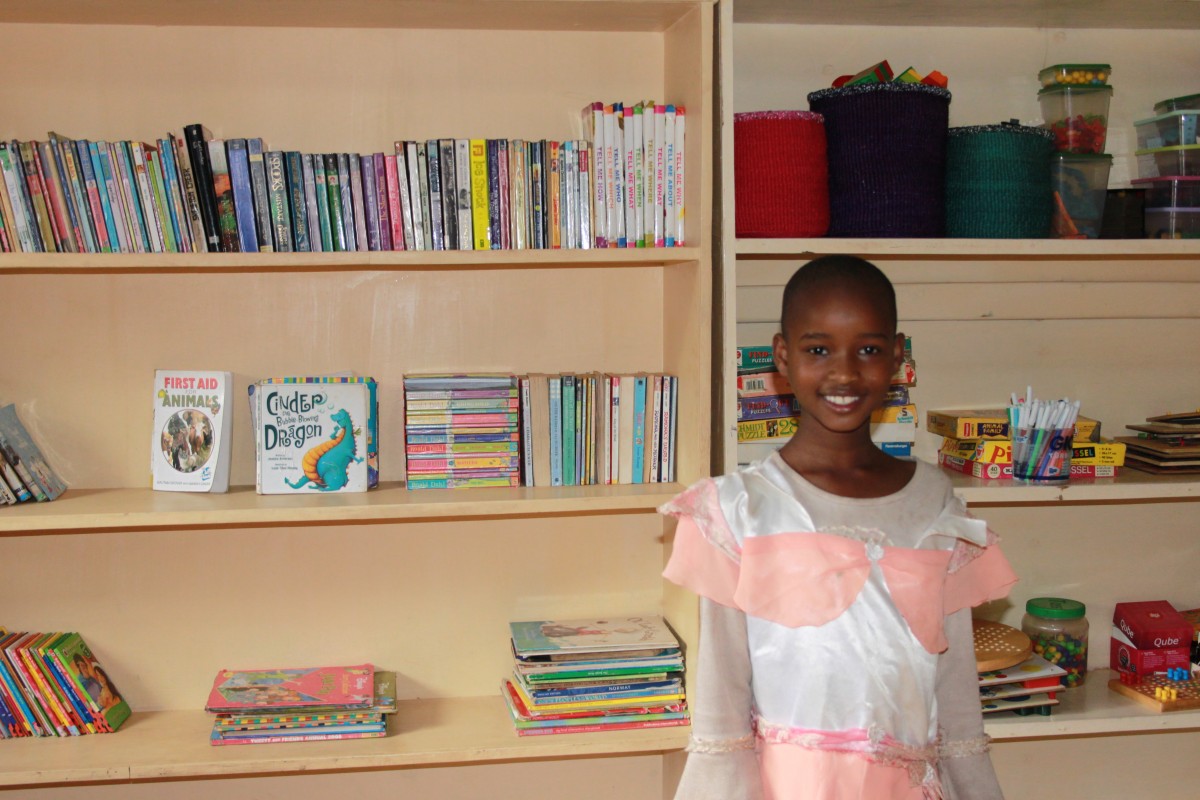KCE as an independent organization fights for children’s right to proper education, which will prepare them for what adulthood has to throw at them. In the children we have the leaders of tomorrow and future opinion makers. What’s then a better way to invest in a better world and a brighter further, then to provide the youth of today with the sharpest weapon of them all: knowledge, awareness and understanding? With a strong academic fundament at hand any individual can participate in politics and help set the future agenda, and be a part of the life changing decisions being made for the children of tomorrow.
“Education is our passport to the future, for tomorrow belongs to the people who prepare for it today.” – Malcolm X
Due to poverty most families in slums like Kibera don’t possess the resources needed to provide for their children/s education. Instead the children often end up working in order to help their families put food on the table and survive the day. Because most of the families in Kibera have an accumulated income of less than 1$/day (the subsistence level), the parents might even encourage the children to work instead of attending school. Here’s where you really can make a difference by enabling the families to let their young ones go to school, by providing the financial stability needed for this actual transition process.
“Education is the most powerful weapon which you can use to change the world.” – Nelson Mandela
The effect of education as a motivational tool and empowerment is widespread and therefore we strive to through our Sponsorship Programme Tumaini Watoto provide the sponsored children the opportunity to equip themselves with this tool, in order to help themselves and the society to a better future than their predecessors.
[separator]
[heading type=”h2″ ]Education Beats Poverty![/heading]
According to the extensive work and research performed and developed by the UN (United nations), we can conclude that Education beats Poverty and also enhances global health and gender equality:*
[separator]
“Education beats poverty: one extra year of schooling increases a person’s earnings by up to 10%. 171 million people could be lifted out of poverty if all students in low-income countries left school with basic reading skills”.
[separator]
“Education promotes gender equality by helping women control how many children they have”.
[separator]
“Education reduces child mortality: a child born to a mother who can read is 50% more likely to survive past age five”.
[separator]
“Education contributes to improved maternal health: women with higher levels of education are most likely to delay and space out pregnancies, and to seek health care and support”.
[separator]
“Education helps combat HIV, malaria and other preventable diseases. In addition, it facilitates access to treatment and fights against stigma and discrimination”.
[separator]
“Education encourages environmental sustainability. It allows people make decisions that meet the needs of the present without compromising those of future generations”.
[separator]
* United Nations Resources for Speakers on Global Issues. Avialable: http://www.un.org/en/globalissues/briefingpapers/efa/
[separator]
[heading type=”h2″ ]The Kenyan Education System[/heading]
The Kenyan education system consists of 3 academic levels: Primary School, Secondary School and University.
[separator]
The first level of education is Primary School and begins at the age of 6 or 7, but first the child needs to complete a year of kindergarten (Nursery school/Pre-unit). Primary school consists of 8 sub levels, which ranges from Standard 1 to Standard 8. In order to advance to a higher class the pupils have to pass the final exam and if they don’t, they have to repeat the current class and re-do the final exam.
[separator]
After successfully completed Standard 8, the pupil will be enabled to advance to Secondary School. This level of education is divided into 4 sub-levels, with Form 1 being the first step and Form 4 the final.
[separator]
After completing Primary and Secondary School the student can choose to apply for the last and highest instance of the Kenyan education system, University.
